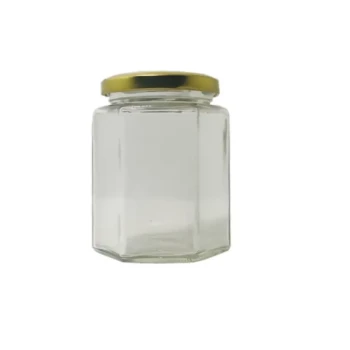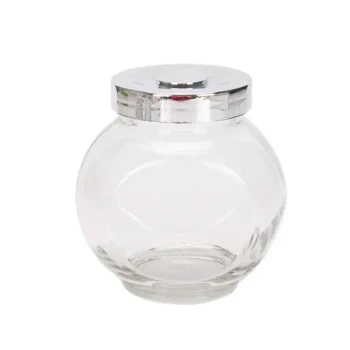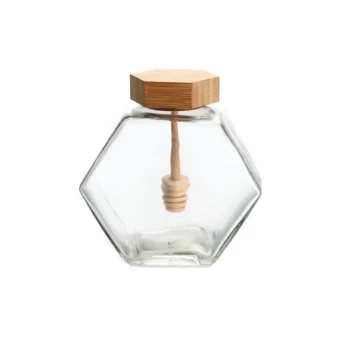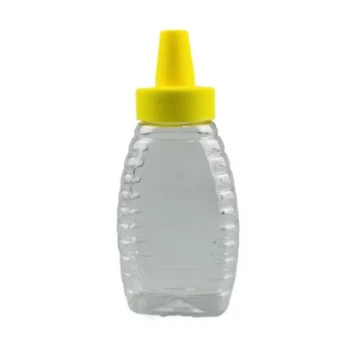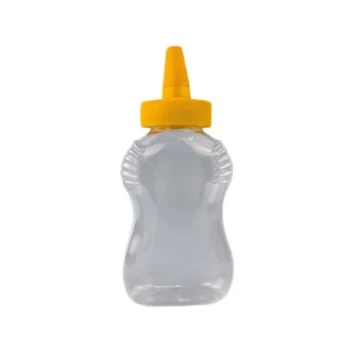To properly store raw propolis, you must keep it in an airtight container in a cool, dark place at room temperature. For extended preservation, freezing is the most effective method. The single most critical step, however, is ensuring the propolis is completely dry before storage to prevent any mold growth.
Storing raw propolis isn't just about finding a container; it's about controlling three key environmental factors: air, light, and moisture. Proper storage preserves its valuable compounds and prevents degradation, ensuring it remains effective for future use.
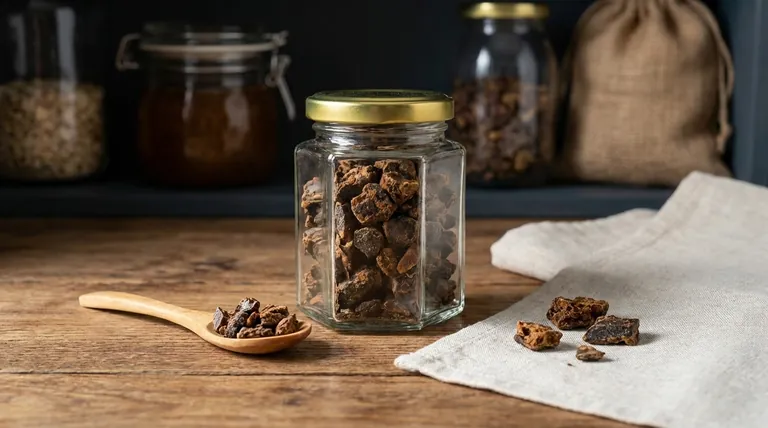
The Core Principles of Propolis Storage
Understanding why certain conditions are necessary is key to preserving the quality of your raw propolis. The goal is to halt the natural degradation process and protect the material from contamination.
Isolate from Air and Odors
Propolis should always be kept in an airtight container. This prevents oxidation, which can slowly break down its beneficial compounds.
Furthermore, propolis can easily absorb strong smells from its environment. An airtight seal protects it from absorbing odors from spices, chemicals, or other household items that could taint its natural aroma.
Protect from Light and Heat
Direct sunlight and heat are enemies of propolis. UV light and elevated temperatures accelerate the degradation of its volatile and active components.
Storing it in a cool, dark place like a pantry or cupboard is essential. This simple step significantly extends its shelf life and preserves its potency.
Eliminate Moisture Before Storage
This is the most critical rule. If your raw propolis is at all wet or damp, it will almost certainly develop mold, rendering it useless.
Before storing, spread any moist propolis on a clean tea towel or screen in a well-ventilated area for a few days until it is completely dry and hard to the touch.
Choosing Your Storage Method: Room Temp vs. Freezer
Your storage timeline determines the best method. Both are effective, but they serve different purposes.
Short-Term Storage (Room Temperature)
For propolis you intend to use within a few months, room temperature storage is perfectly adequate.
Place the dry propolis in an airtight glass jar or plastic container and keep it in a cool, dark cabinet. This protects it from the primary threats of light, air, and moisture.
Long-Term Storage (Freezing)
For preserving large quantities or for storage extending beyond a year, the freezer is the ideal solution.
Freezing effectively halts all degradation processes. The cold, dark, and dry environment is perfect for keeping the propolis in a state of suspended animation, preserving its full profile of compounds indefinitely.
Common Pitfalls to Avoid
Simple mistakes can easily ruin a valuable harvest. Being aware of them is the best way to ensure your propolis remains in perfect condition.
The Biggest Mistake: Storing It Wet
We cannot overstate this point. Trapping even a small amount of moisture in an airtight container creates the perfect breeding ground for mold. Always err on the side of caution and ensure your propolis is bone dry before sealing it away.
Ignoring Container Choice
Using a simple plastic bag that is not airtight is a common error. It fails to protect the propolis from ambient air and odors. Always opt for a truly sealable container, like a mason jar or a high-quality food storage container.
Forgetting About Light Exposure
Leaving a jar of propolis on a kitchen counter or a sunny windowsill is a recipe for rapid degradation. The "dark" part of "cool, dark place" is just as important as the "cool" part.
Making the Right Choice for Your Goal
Your intended use for the propolis dictates the best storage strategy.
- If your primary focus is immediate use (e.g., making a tincture): Storing dry propolis at room temperature in an airtight jar in a pantry is perfectly sufficient.
- If your primary focus is preserving a large harvest for the long term: Freezing is the only reliable method to maintain its quality over many months or years.
- If your propolis feels damp or sticky after collection: Your first and only priority is to dry it completely on a clean surface before attempting any form of storage.
By mastering these simple storage principles, you ensure that every piece of propolis you harvest retains its maximum potency and value.
Summary Table:
| Storage Factor | Key Requirement | Why It Matters |
|---|---|---|
| Container | Airtight (e.g., glass jar) | Prevents oxidation and absorption of odors |
| Location | Cool, dark, and dry place | Protects from heat and light degradation |
| Moisture | Completely dry before storage | Critical to prevent mold growth |
| Long-Term | Freezing | Best method for preserving potency over a year |
Need reliable, high-quality supplies for your apiary? Proper storage is just one part of successful beekeeping. HONESTBEE supplies commercial apiaries and distributors with the durable, professional-grade equipment needed to harvest and process propolis and other hive products efficiently. From airtight containers to harvesting tools, we support your operation's success. Contact our wholesale team today to discuss your needs.
Visual Guide
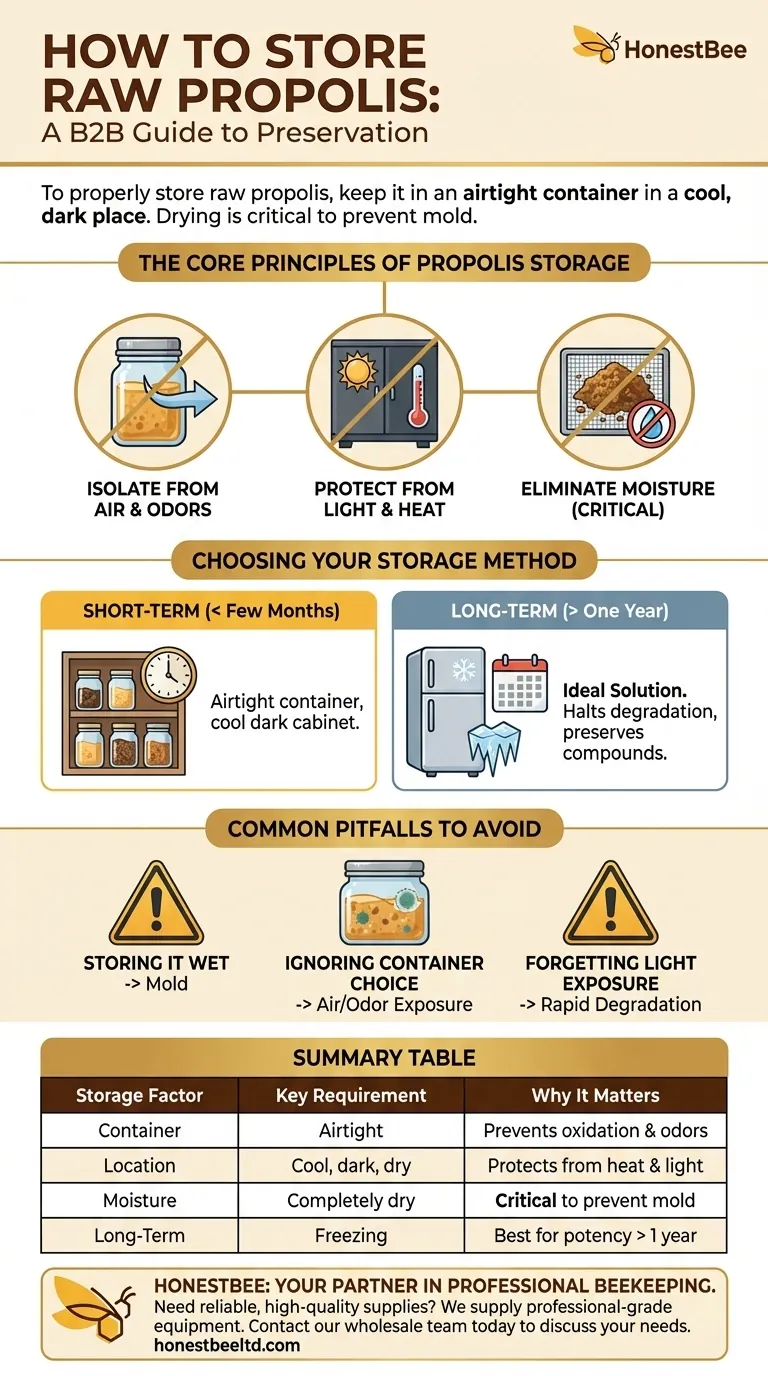
Related Products
- Hexagonal Glass Honey Jars with Metal Lug Caps Elegant Versatile Packaging
- Classic Drum Shaped Glass Honey Jar with Airtight Lid
- Hexagonal Glass Honey Jar with Wooden Lid Integrated Dipper Elegant Functional Storage
- Classic Honey Bear Jars with Flip Top Dispensing Cap for Liquid Sweeteners
- Classic Beehive Honey Bottle Jar with Squeeze Dispenser Lid
People Also Ask
- Why is a specific wooden frame required when installing a propolis screen? Optimize Your Propolis Harvest Efficiency
- How does the rotating roller mechanism in propolis collection equipment achieve automated mesh cleaning?
- Why is it necessary to use industrial-grade grinding or crushing equipment for processing propolis? Maximize Your Yield
- Why is a constant 4°C environment maintained for raw propolis? Preserve Potency with Cold Storage
- How do ethanol extraction equipment and fractional separation technology function together in the deep purification of propolis?
- How do beekeepers collect propolis using traps? Boost Your Hive's Yield with Sustainable Harvesting
- How is a propolis tincture or extract made? Expert Guide to Efficient Solvent Extraction Methods
- What role do digital thermocouple thermometers play in propolis processing? Ensure Precise Temperature Control
